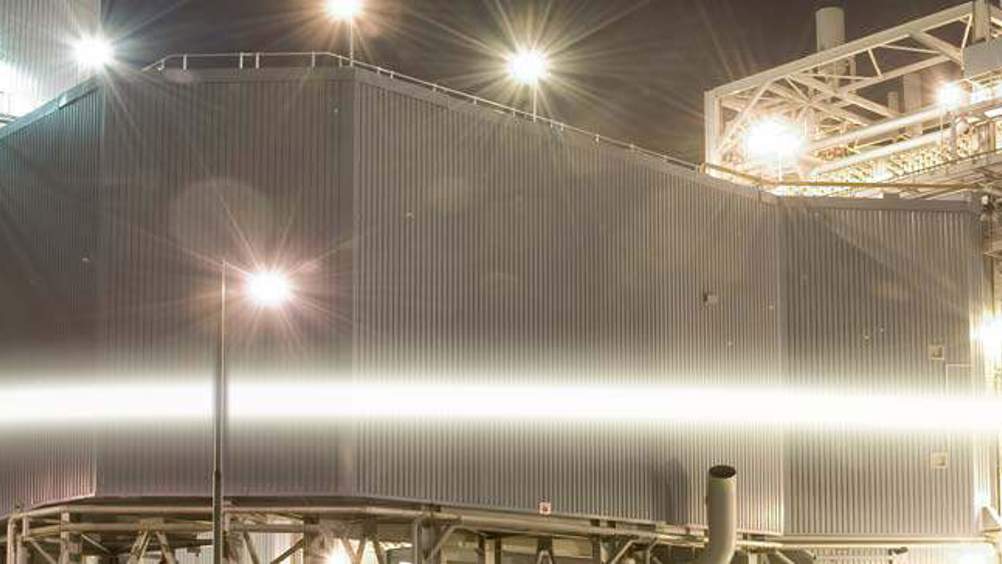Role for gas in UK very limited, warns UKERC
The UK will only be able to use gas as a ‘bridge’ to a lower-carbon future to a very limited extent, and even this depends on significant government action, the UK Energy Research Centre (UKERC) warned yesterday.

UKERC has released new research showing that without carbon capture and storage (CCS), the scope for gas use in 2050 is only 10 per cent higher than consumption in 2010. Moreover, the gas-fired power stations that energy secretary Amber Rudd said last year would need to be built to replace the generating capacity of coal-fired stations set to close by 2025 would require policy incentives to encourage investment.
UKERC’s new report states that the UK has already used gas to reduce carbon emissions: the switch from coal to gas for most home heating and services took place in the 1970s, and this, along with the electricity generators’ “dash for gas” the late 1980s and 1990s led to as drop in emissions of almost 20 per cent. ‘A second “dash for gas” may provide some short-term gains in reducing emissions but may not be the most cost-effective way forward and may even compromise the UK’s decarbonisation ambitions,’ warned one of the report’s authors, Mike Bradshaw, professor of global energy at Warwick Business School. “If all coal-fired power generation is to be removed by 2025, and we are no longer supporting the development of CCS, policy makers must think carefully about how to replace that capacity, as gas can play only a modest role between now and 2025, and in the medium to long term has no role as a bridging fuel.”
Register now to continue reading
Thanks for visiting The Engineer. You’ve now reached your monthly limit of news stories. Register for free to unlock unlimited access to all of our news coverage, as well as premium content including opinion, in-depth features and special reports.
Benefits of registering
-
In-depth insights and coverage of key emerging trends
-
Unrestricted access to special reports throughout the year
-
Daily technology news delivered straight to your inbox










Breaking the 15MW Barrier with Next-Gen Wind Turbines
Hi Martin, I don´t have any detailed parameters for the 15MW design other than my reading of the comment in the report ´aerodynamic loads at blade-tip...